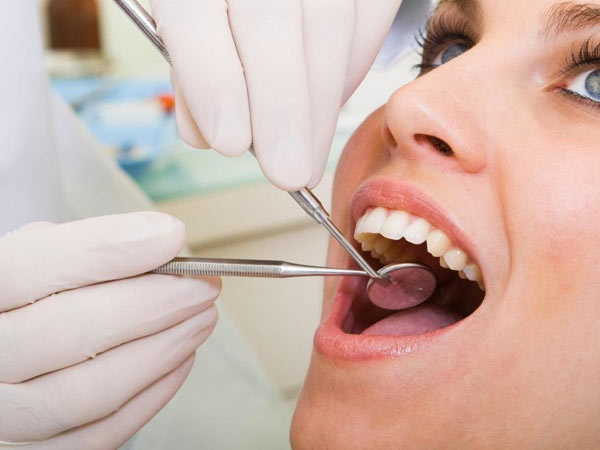I was evaluating a hygiene patient in our practice last week and our hygienist, Abby, introduced me to her patient as someone who has practiced preventative dentistry her entire life. The patient explained that as a child, her mother and father took her to the dentist and to her biannual hygiene visits on a consistent basis, and as a result, she continued that practice through adulthood.
As I examined the patient, it was evident that she was very healthy. She had healthy gums and minimal dental work and she was in her late 60s. Is it a coincidence that she was healthy because she practices preventative care? I don’t think so.
What does prevention mean? In the field of dentistry, prevention is the practice of caring for one’s teeth to keep them healthy. Preventative dentistry prevents people from developing dental problems later on. Cavities, gingivitis, enamel loss, and gum disease can all be avoided or mitigated with routine proper dental care. There is truth to the old adage that “it’s easier to stop something from happening in the first place than to repair the damage after it has happened.”
Did you know that each year, millions of people die of preventable deaths? A 2004 study showed that about half of all deaths in the United States in the year 2000 were due to preventable behaviors and exposures. Leading causes included cardiovascular disease, lung disease, unintentional injuries, diabetes, and certain infectious diseases.
Today there is a lot of discussion and science on the impact of oral health on the body. Let’s look at the major themes.
Diabetes. The relationship between diabetes and gum disease (periodontitis) has the strongest connection between the mouth and body.
Heart Disease. Up to 91% of patients with heart disease have periodontitis, compared to 66% of people with no heart disease.
Pregnancy. Research is being done to look at the role of infection and inflammation from gum disease and low birth weight babies and premature births.
Lung conditions. Gum disease may make pneumonia and chronic obstructive lung disease worse, possibly by increasing the amount of bacteria in the lungs.
The bottom line is the body and mouth are not separate. Dr. Pamela McClain, president of the American Academy of Periodontology states, “Your body can affect your mouth and likewise, your mouth can affect your body. Taking good care of your teeth and gums can really help you live well longer.”Considering that oral health is linked to overall health, preventative dentistry is vital to your overall well-being and quality of life. Oral diseases can interfere with eating, speaking, daily activities, self-esteem. In children, severe decay can affect growth and development. Preventative dentistry can result in less extensive and less expensive treatment for any dental condition that may develop and help you keep your natural teeth for a lifetime.
So what preventative steps can you take to ensure you are on the right track in achieving great dental health? While it is not a complete list of preventative dental strategies, as there are many ways to promote dental health, it’s a great place to start. Let’s take a look at some preventative dentistry strategies:
1. Dental hygiene visits and screenings.
A dental prophylaxis is recommended every six months or more frequently to evaluate gum health and check for signs of tooth decay. Oral cancer screenings are also preformed to check for signs of abnormal tissues.
2. Regular dental visits.
Since most dental conditions are painless at first, if you don’t regularly visit your dentist, you may not be aware of dental problems until they cause significant damage.
3. At-home oral hygiene.
The most important prevention technique is brushing and flossing at home at least twice a day (or after every meal) to remove dental plaque, which can cause tooth decay and lead to gum disease.
4. Fluoride.
Fluoride strengthens teeth and prevents tooth decay. Fluoride treatments are provided in dental offices, and dentists recommend using fluoride toothpastes and mouth rinses at home.
5. Diet.
A balanced diet is a dental health essential. Foods with sugars and carbohydrates feed the bacteria that produce dental plaque, while calcium-poor diets increase your chances of developing gum disease.
6. X-rays.
X-rays enable dentists to look for signs of dental problems that are not visible to the naked eye, such as cavities between your teeth and problems below the gum line.
At Cascades Dental we offer a 10 year warranty on our dental work. Does that sound too good to be true? Well it isn’t. All we ask is that you come and see our hygienists, Jenny and Abby, at your recommended hygiene maintenance visits.
We look forward to seeing you!


